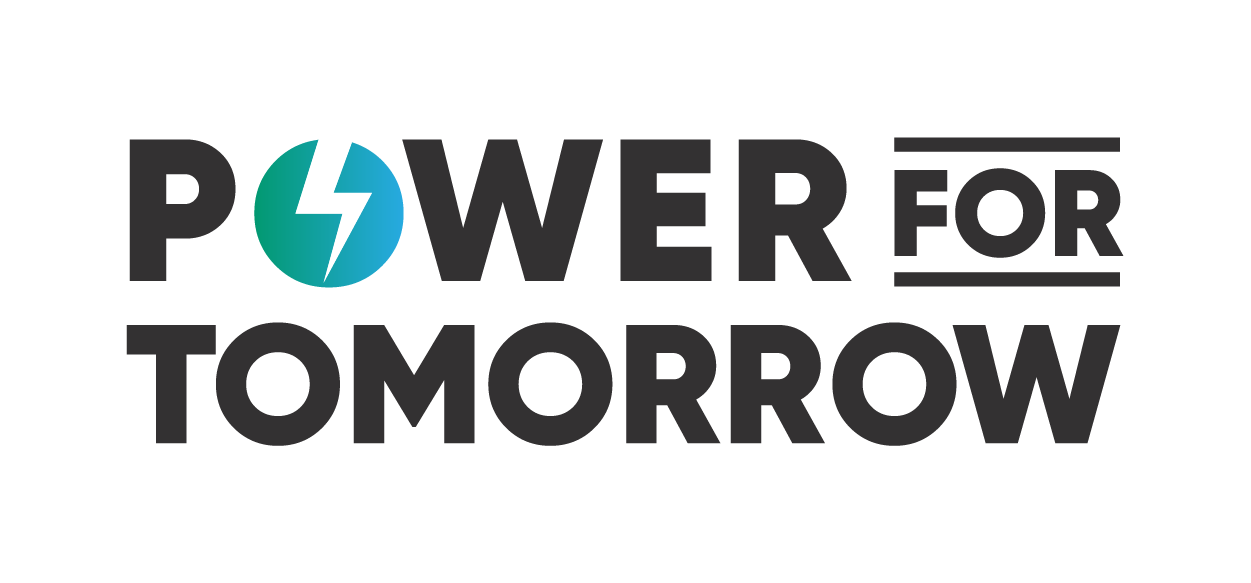Re: the FTC, Four Loko, Retail Choice, and Net-Metering
The recent Federal Trade Commission (“FTC”) petition filed by the Center for Biological Diversity and a host of extremist characters gets points for creativity. But it should not get much more than that.
In the petition, the Center and their brethren make numerous anti-competitive allegations against utility companies. Perhaps the best take on the petition is that it seeks full restructuring of the utility industry, unfettered and full-boat net metering and distributed generation deployment, and a deep and extensive inquiry into municipalizations in any and all places. Ironically, those are the very interests represented on the signature pages, which form a healthy chunk of the petition.
The petition starts from the premise that without radical restructuring of the utility industry—using as pillars retail choice and net-metered distributed generation— the United States cannot get to its clean energy and climate goals. It is something of a Four Loko of energy policies. Four Loko is a somewhat notorious adult beverage that pulls together caffeine, taurine, guarana and alcohol, but the general consensus on Four Loko is that it usually takes you to a pretty bad place. The petition is similar.
Taken to its logical end, the petition seeks two major objectives that benefit two specific quarters of the energy world. Under the guise of anti-competitive behavior, the petition would have the FTC and regulatory bodies dismember utilities so that retail choice and rooftop solar can proliferate unabated. The winners there are retail energy marketers with an atrocious consumer fraud track-record, and developers of foreign-made rooftop solar installations who can throw solar on every roof – or at least the roofs of the wealthy customers that can afford it.
The losers of the petition are customers that bear the cost-shift associated with net metering, including low-income customers, and state and federal policies designed to drive emissions reductions and combat climate change. In the Four Loko energy transition, customers, workers, and climate policy lose while discrete segments of the energy business, hiding behind the signatures of the extremist groups on the petition, take the win.
The FTC should see this for what it is: a rent-seeking exercise by special interests with the purpose of sowing chaos and addressing a purported problem that does not exist. In addition, the FTC has a defined charge of consumer protection and anti-trust protection of sectors of the economy that are not heavily regulated like the electricity sector. The petition is an end run around the Federal Energy Regulatory Commission, state public service commissions, the Federal Power Act, and state laws regulating utilities. Four Loko was eventually banned in several states; the petition should meet the same fate at the FTC.
